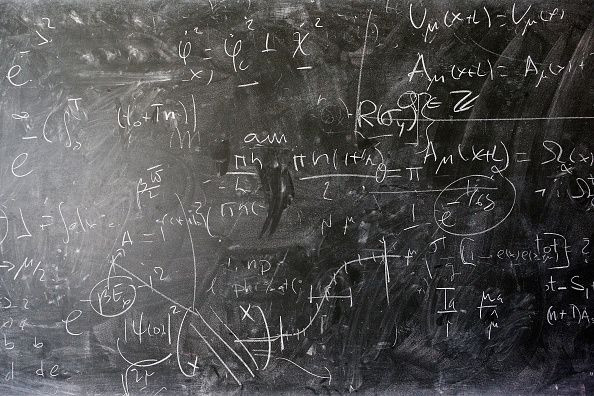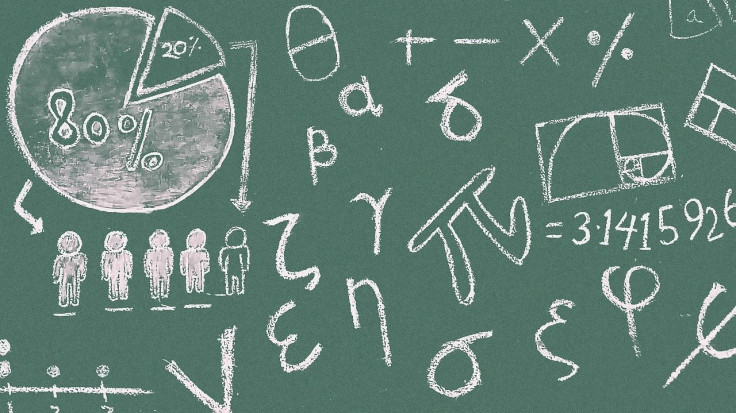Girls Not Inferior To Boys In Math Ability, Says New Study

A new study seems to put to rest the myth women aren't as good in science, technology, engineering and mathematics (STEM) fields when compared to men due to alleged biological deficiencies in math aptitude.
These were among the key conclusions of a study by a Carnegie Mellon University team published over the weekend in the journal Science of Learning. The study, which comprehensively examined the brain development of young boys and girls, reveals there is no gender difference in brain function or math ability. It focused on early childhood development using a limited set of math tasks.
"We see that children's brains function similarly regardless of their gender so hopefully we can recalibrate expectations of what children can achieve in mathematics," Jessica Cantlon at Carnegie Mellon University and Mary Ann Zdrojkowski, professor of Developmental Neuroscience at CMU's Dietrich College of Humanities and Social Sciences and senior author on the paper, wrote.
To obtain these conclusions, Cantlon and her team conducted the first neuroimaging study that evaluated biological gender differences in math aptitude of young children.
They used functional MRI to measure the brain activity in 104 young children while watching an educational video covering early math topics like counting and addition. Fifty five of the participants were girls. The participants ranged in age from three to 10 years old.
Researchers later compared scans from the boys and girls to evaluate brain similarity. They also examined brain maturity by comparing the children's scans to those taken from a group of adults (63 adults; 25 women) that watched the same math videos.
Numerous statistical comparisons revealed no difference in the brain development of girls and boys. There was also no difference in how boys and girls processed math skills and were equally engaged while watching the educational videos.
The results also showed brain maturity of boys and girls were statistically equivalent when compared to either men or women in the adult group.
Researchers also compared the results of the Test of Early Mathematics Ability (a standardized test for 3- to 8-year-old children) from 97 participants (50 girls) to gauge the rate of math development. They found math ability was equal among the children and didn't show a difference in gender or with age. There was also no gender difference between math ability and brain maturity.

"It's not just that boys and girls are using the math network in the same ways but that similarities were evident across the entire brain," Alyssa Kersey, postdoctoral scholar at the Department of Psychology, University of Chicago and first author on the paper, noted.
"This is an important reminder that humans are more similar to each other than we are different."
One reason for the wrong perception girls aren't that good in STEM is that society and culture are likely steering girls and young women away from math and STEM fields, believes Cantlon.
"Typical socialization can exacerbate small differences between boys and girls that can snowball into how we treat them in science and math," according to Cantlon."We need to be cognizant of these origins to ensure we aren't the ones causing the gender inequities."
Published by Medicaldaily.com



























